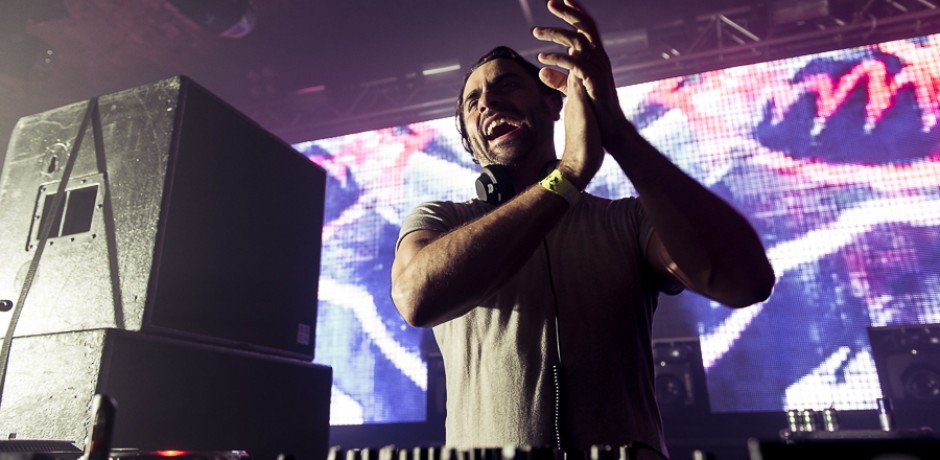A new report shows the GDP value of nightlife in the UK
The Electronic Impact Group and the NTIA have released a report on the estimated contributions of the nightlife sector to the country’s GDP. Contributions from the University of Central Lancashire and the University of Leeds, concluded in an estimation of 1.6% – equating to £36.4 billion.
The report also found that the nightlife industry hosts 425,000 jobs across the UK. In fact, the industry contributes to the UK economy far more than it takes; the report stating that clubs and festivals also benefit public wellbeing, health, friendship and happiness for many.

What Nightclubs have to offer the country vs Government Value of Nightclubs?
Knowing this, and then reflecting on the amount of support the government has to offer nightclubs, it’s only fair to say that the Government underestimates the true value of the nightclub sector.
The pandemic already revealed the Government does not recognise the importance of the sector, and has limited knowledge of its value, particularly its value outside of simple economics, but Electronic Music and Club Culture in the UK also has community and cultural importance as this new report shows.

Michael Kill, CEO of the NTIA, said:
“It’s clear that Night Time Economy and Hospitality businesses have a huge part to play in the economic growth and recovery of the UK.”
“Figures highlighted that Pubs, Bars and venues have benefited from the World Cup through November, experiencing 30-40% increase in trade on match days, with restaurants reporting that they had a more challenging trading period when matches were being shown.”
“With operating costs remaining extremely high, independent business in particular will be at their most vulnerable, following a challenging festive trading period, where over 50% have stated that they have not built enough cash reserves to survive early 2023.”
“The figures also highlight the impact of industrial action on the sector, with lost sales during the festive period, transport disruption and cost inflation having a greater impact on next months figures.”
“Inflation is still a huge issue, the level of uncertainty has been exacerbated by a nonsensical energy relief scheme from April and consumer confidence is still extremely challenging.”
1 in 3 Nightclubs at risk of closing
Alongside reports that 1 in 3 nightclubs are at high risk of closure, the UK is at a real risk of losing its club network and grassroots platform. The inflation crisis has seen nightclub closures accelerate from 1 in 5 nightclubs during the pandemic, to 1 in 3 closing by the end of 2022 with further support.
Savenightlife – the movement aiming to highlight the cultural significance of the NDML – is a campaign by NDML which pushes the importance of nationwide grassroots music. Indeed, the creativity of the scene powers every corner of popular culture.
This benefit needs to be present when those outside the nightlife sphere start to see clubs as simply noise-polluting local venues. However, nightlife’s contribution to the UK economy far exceeds the revenue it generates, and is significantly underestimated by the UK Government in its lack of consideration and direct support.
Yousef, the Circus DJ and Founder, said to the NTIA:
“Dance music is the most significant cultural shift since the dawn of roll & roll. In the 1950s guitar heroes began blending black gospel, soul and juke joints, by the 1980s, DJs were blending disco with drum machines in warehouses, and both genres fought for their own expression beyond oppression.”
“In the subsequent decades, dance music has overtaken rock & roll as a popular form of youth culture, because it’s more spontaneous, more economical, more accessible and available to everyone, whether as a dancer or a producer, a DJ or a promoter. Nothing in musical history has ever been as easily accessible to so many people, making it one of the more important new global industries of the 20th century.”

YOUSEF talks to NDML
Yousef talks to NDML about his experiences coming out of the COVID pandemic. The Crosby-born DJ recounts the story of preparing the We Dance Again project, and the effect the relaunch had across the world.







